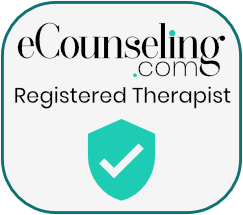What our clients say about us:




Psychological Testing, Therapy and Counseling in Cumming & Alpharetta, Georgia
Counseling can help, often faster than you might think. We’re specialists in helping you get “unstuck.” We provide pragmatic, down to earth help for individuals, couples, and families. Our expert psychology and counseling staff offers child and adolescent counseling, individual therapy, couples counseling, and marriage and family mental health services. We treat anxiety and depressive disorders, trauma, and can perform psychological testing for ADHD, academic issues, and personality functioning. For more detail, please see our services page. If you’d like to learn more about our positive, strength-based approach to mental health, we invite you to do so here. Our offices are in Cumming and Alpharetta, Georgia, near the communities of Gainesville, Johns Creek, Milton, Roswell, and Suwanee. We offer flexible hours for appointments and have daily coverage including weekends.
For individuals who reside outside of the greater Metro Atlanta area, Dr. Brad Hieger, Ph.D. is licensed through PSYPACT to provide online counseling to clients from the following states: Alabama, Arizona, Arkansas, Colorado, Delaware, District of Columbia, Florida, Georgia, Idaho, Illinois, Indiana, Kentucky, Maine, Maryland, Michigan, Minnesota, Missouri, Nebraska, Nevada, New Hampshire, New Jersey, North Carolina, North Dakota, Ohio, Oklahoma, Pennsylvania, Rhode Island, South Carolina, Texas, Tennessee, Utah, Virginia, West Virginia, and Wyoming.
At Focus Forward Counseling and Consulting, we offer a diverse staff in order to reach as many members in the area as possible. We have five licensed therapists on staff that offer counseling in Danish, Hebrew, Hindi, Mandarin, Punjabi, Russian, Spanish, and Urdu. For more information, please visit our staff page.





















